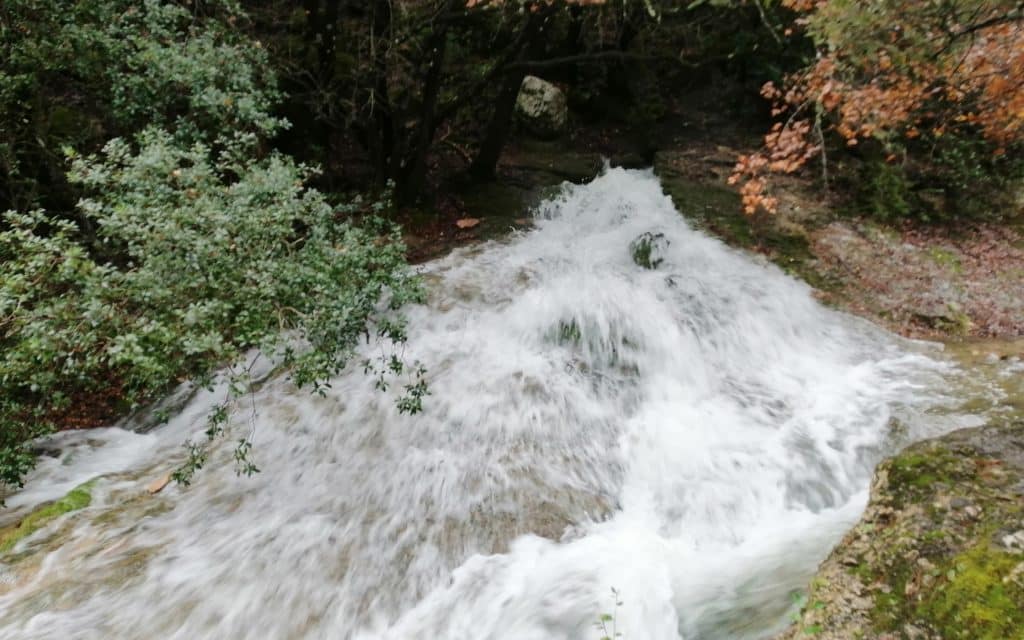Tracing and quantifying flows at interfaces
This theme focuses on flow and transport processes in the critical zone, i.e. from the atmosphere to surface and deep groundwater, and in interaction with surface water. It will aim to address water resource issues in the context of climate change from the Mediterranean to sub-Saharan Africa. Methodological developments, particularly in terms of tracers, will contribute to geochemical and hydrodynamic monitoring in order to clarify the water balance (evaporation, recharge, mixing and discharge) and the mechanisms for transferring elements (nutrients, contaminants, tracers). For the wide range of environments studied: soil, porous, fractured or karstic aquifers, aquitards, the acquisition of hydroclimatic field data and its transfer to observation services will continue. Particular attention will be paid to the integration of tracers into models, with the aim of reducing uncertainty in the estimation of resources and exchanges at interfaces (groundwater-surface water, aquifers-aquitards).
Work on this theme is based on the following platforms PANISS and HYDRO-TERRAIN


